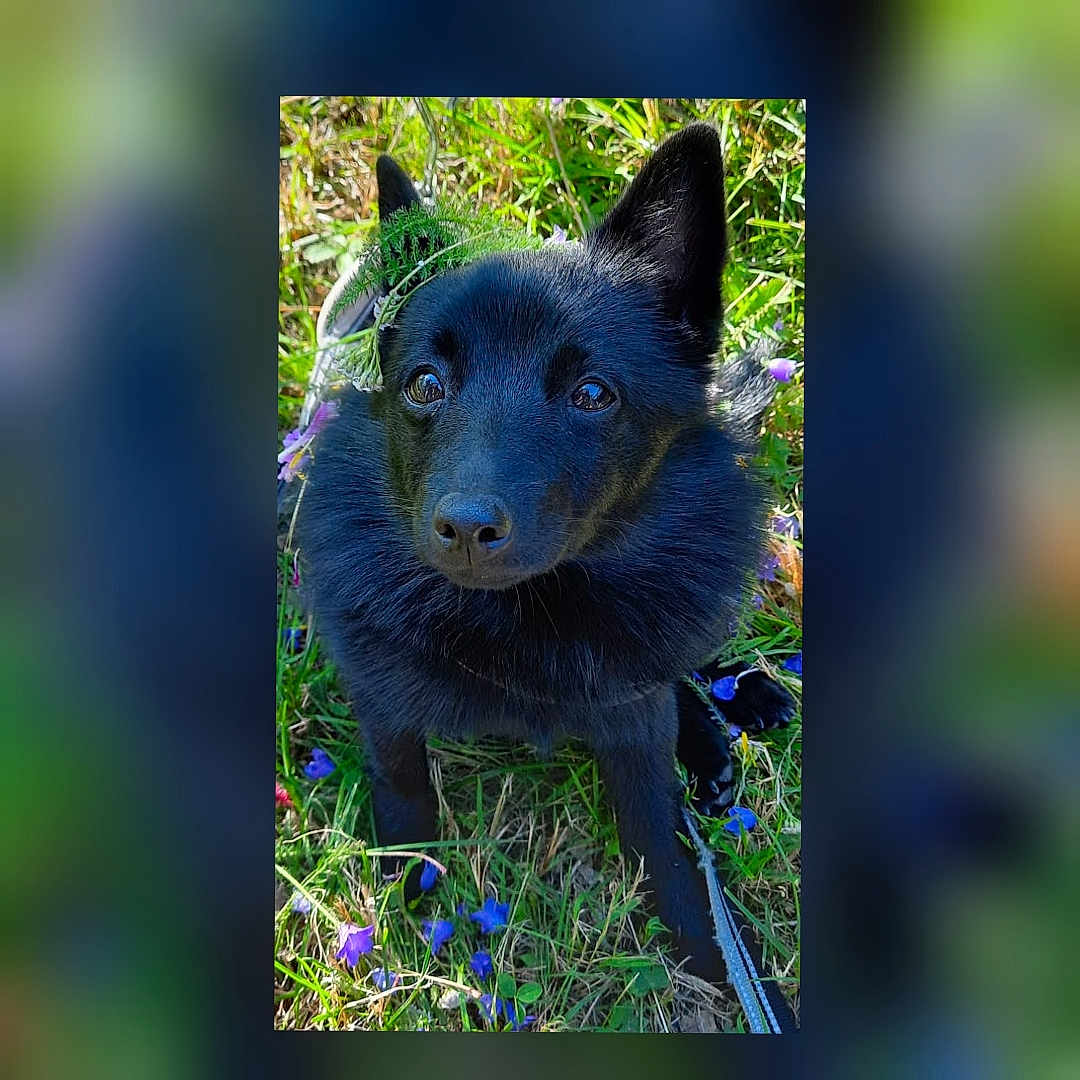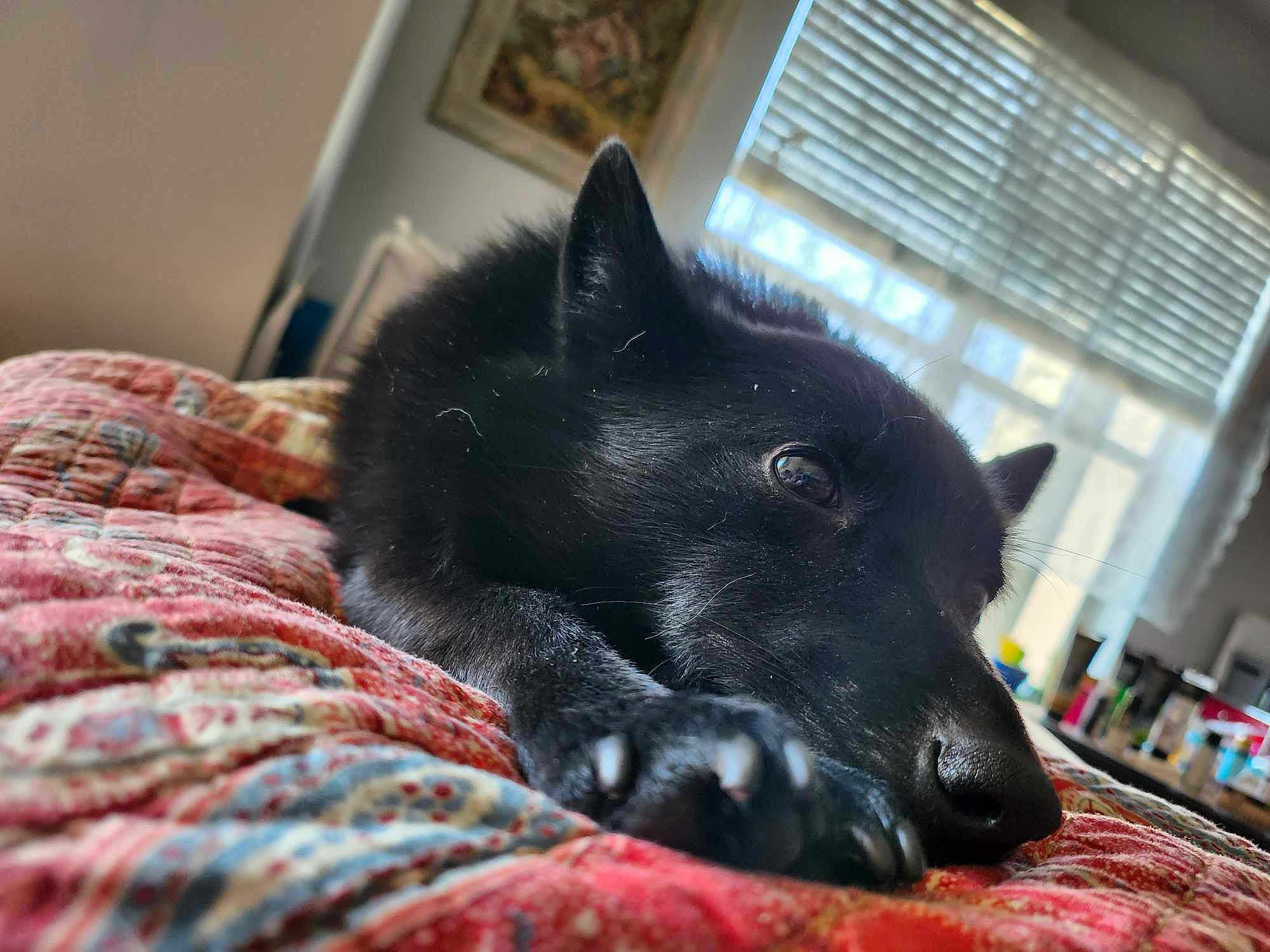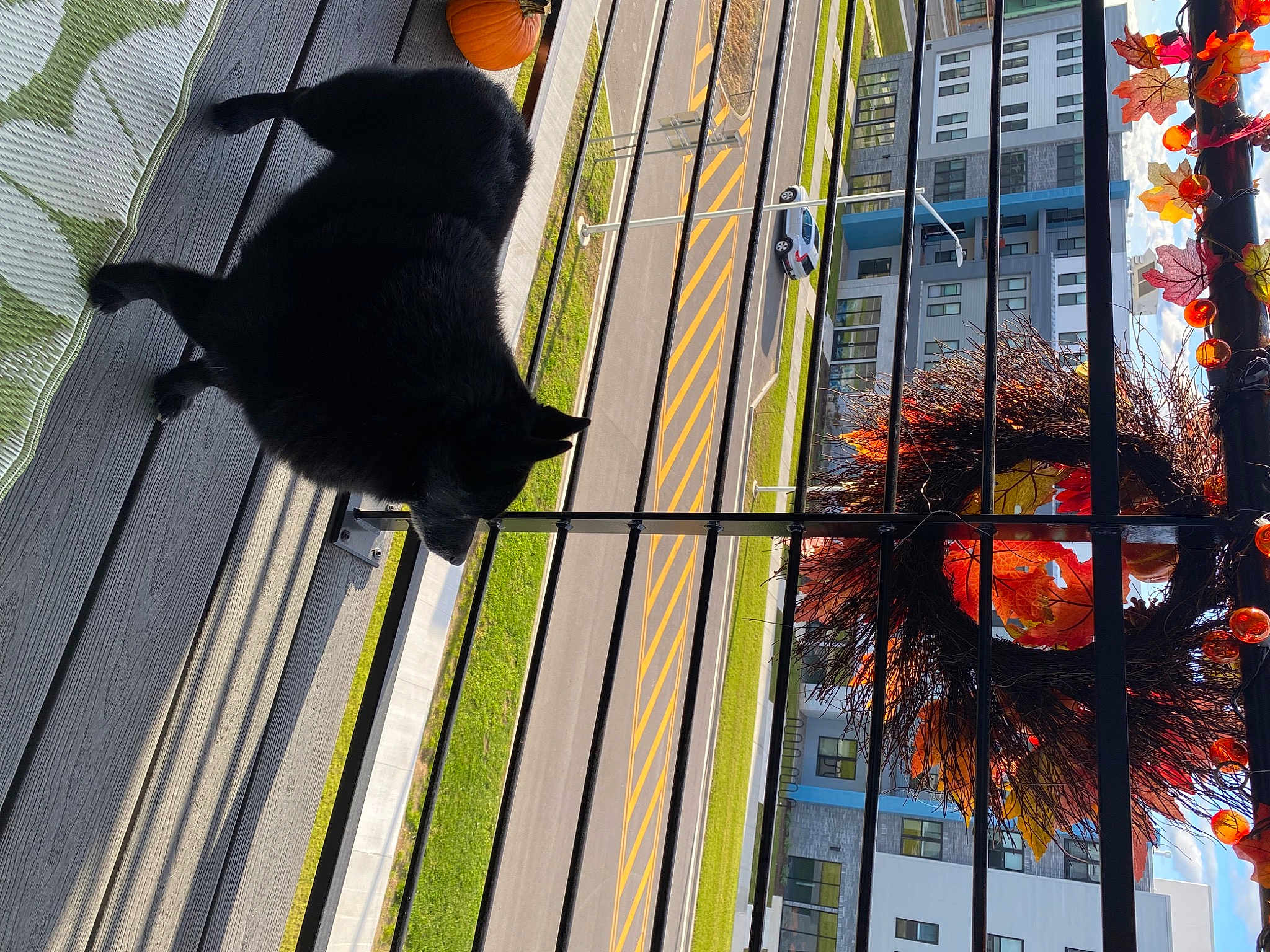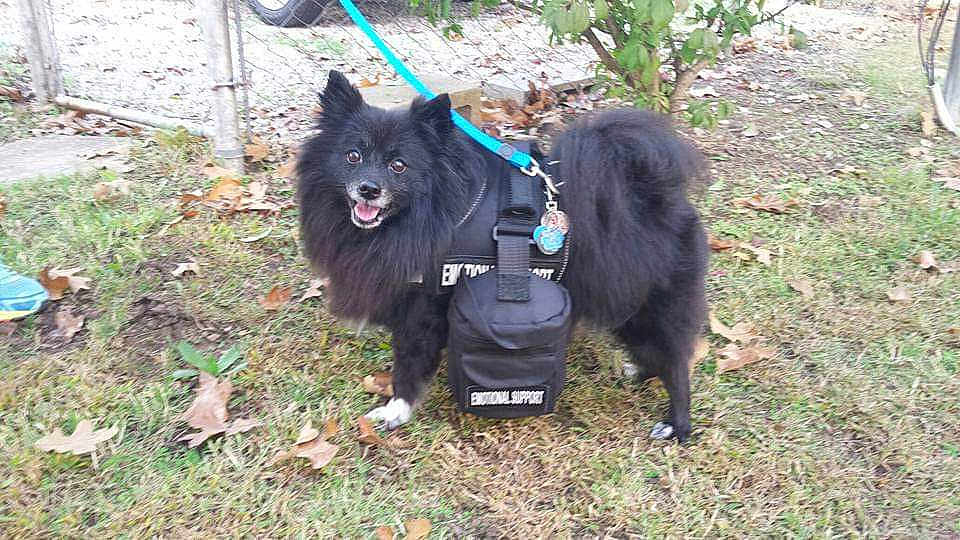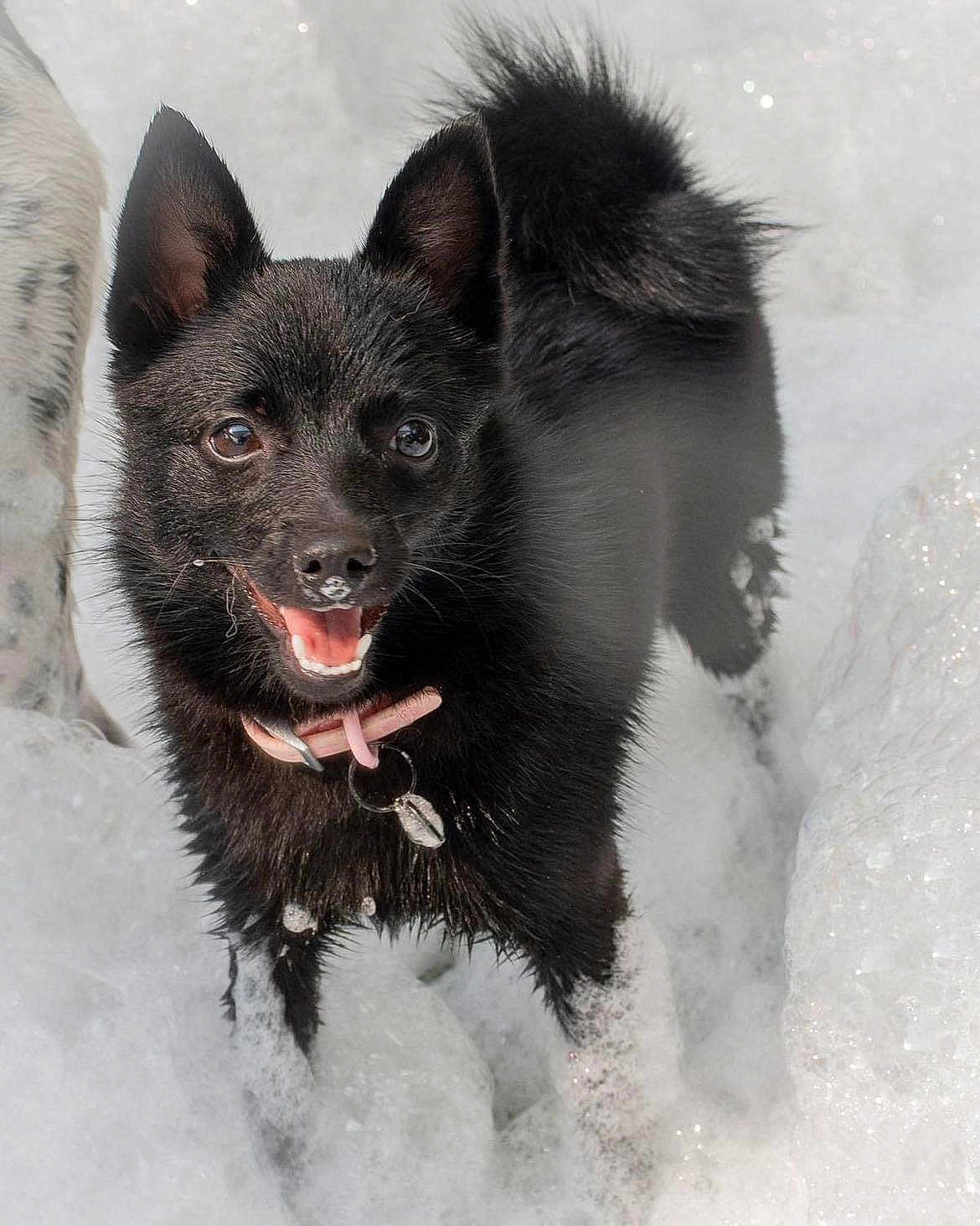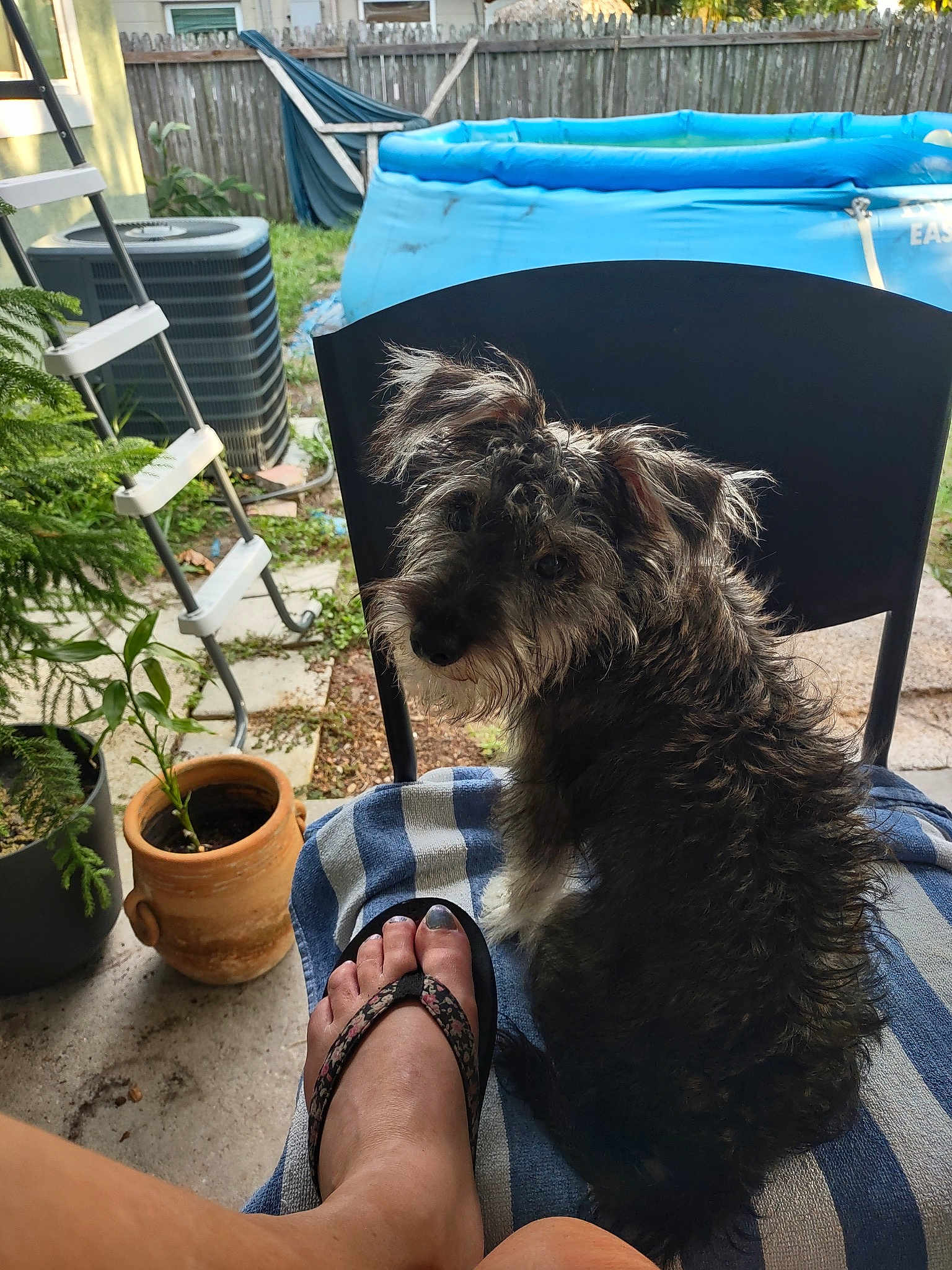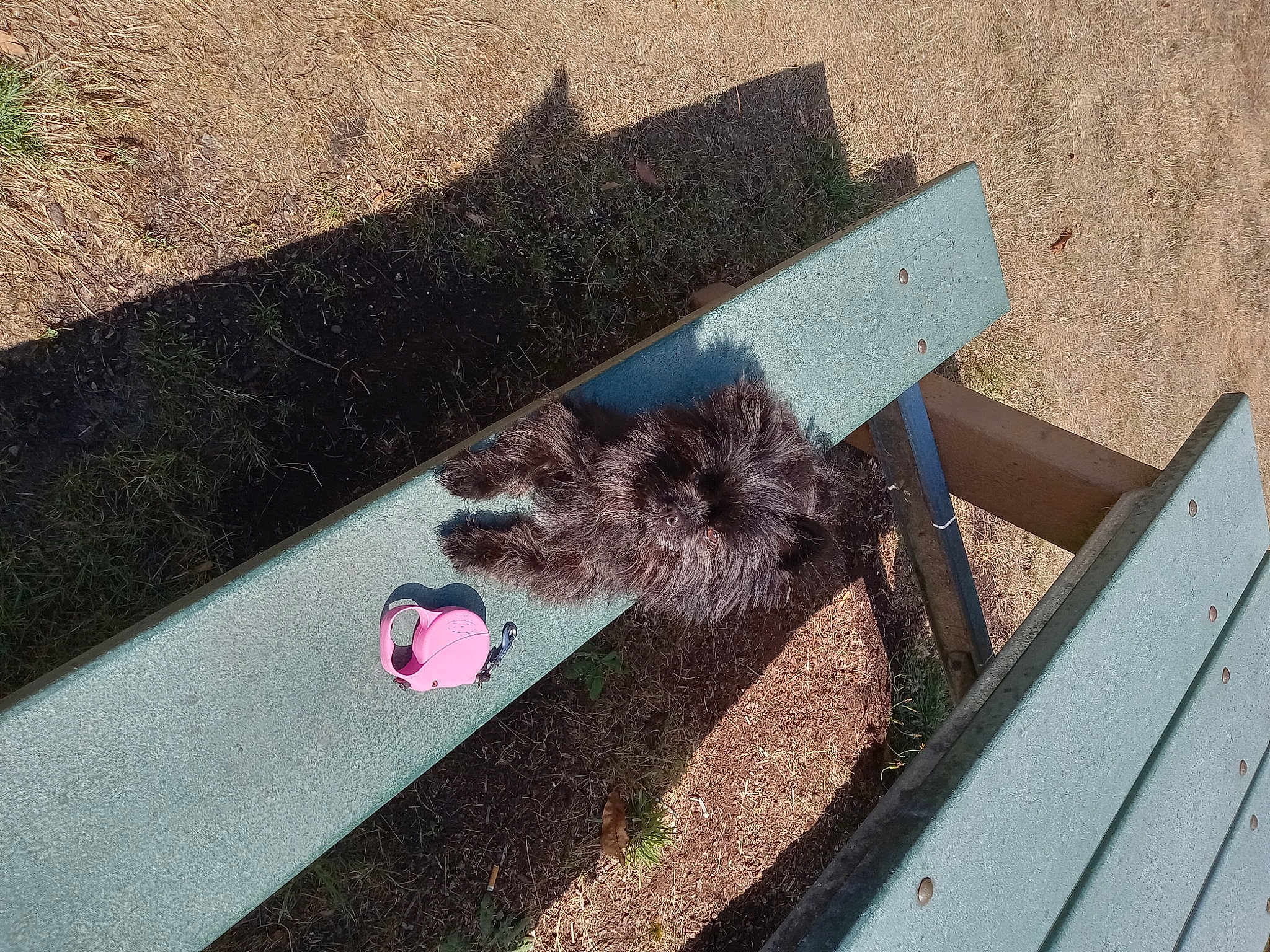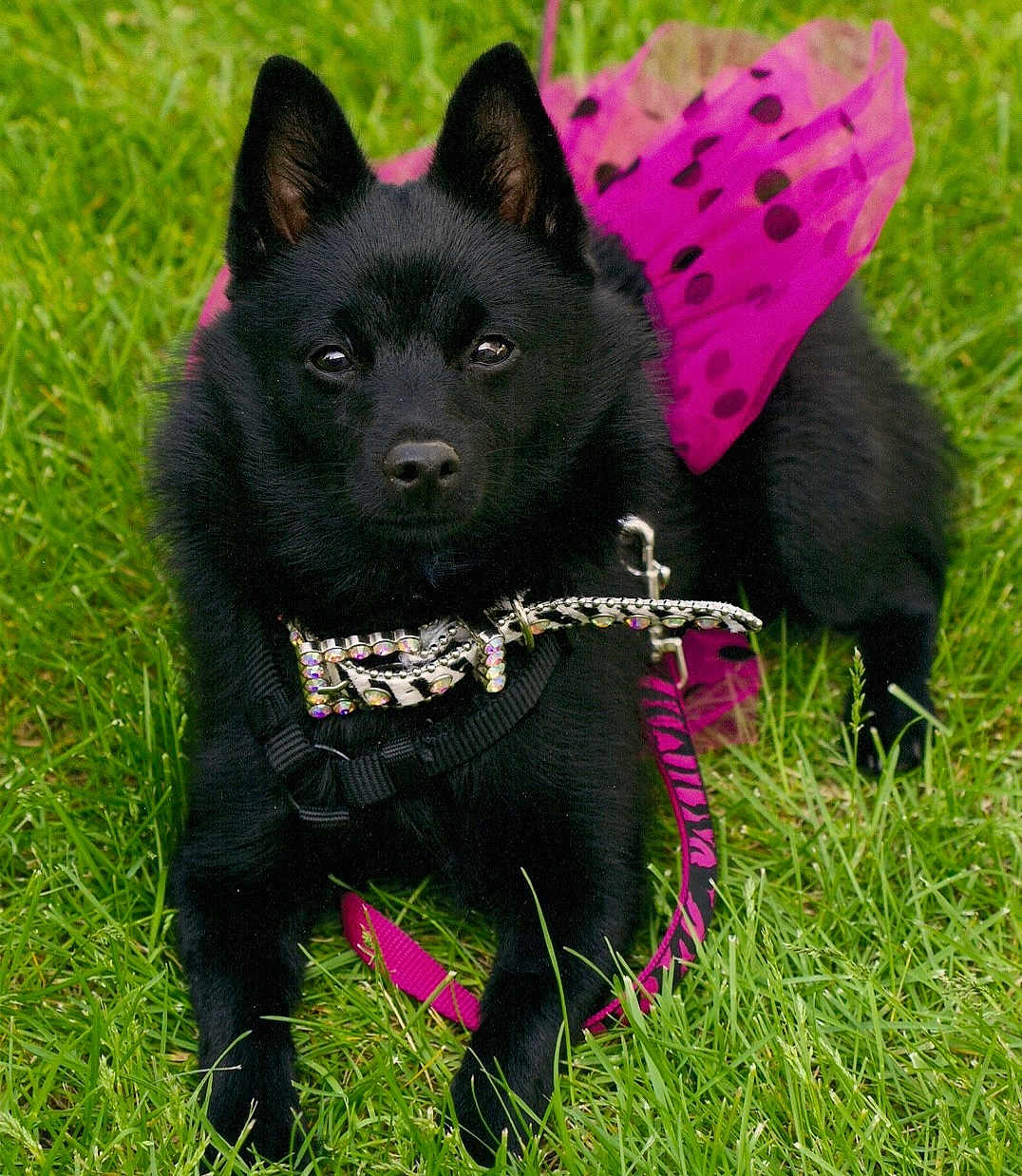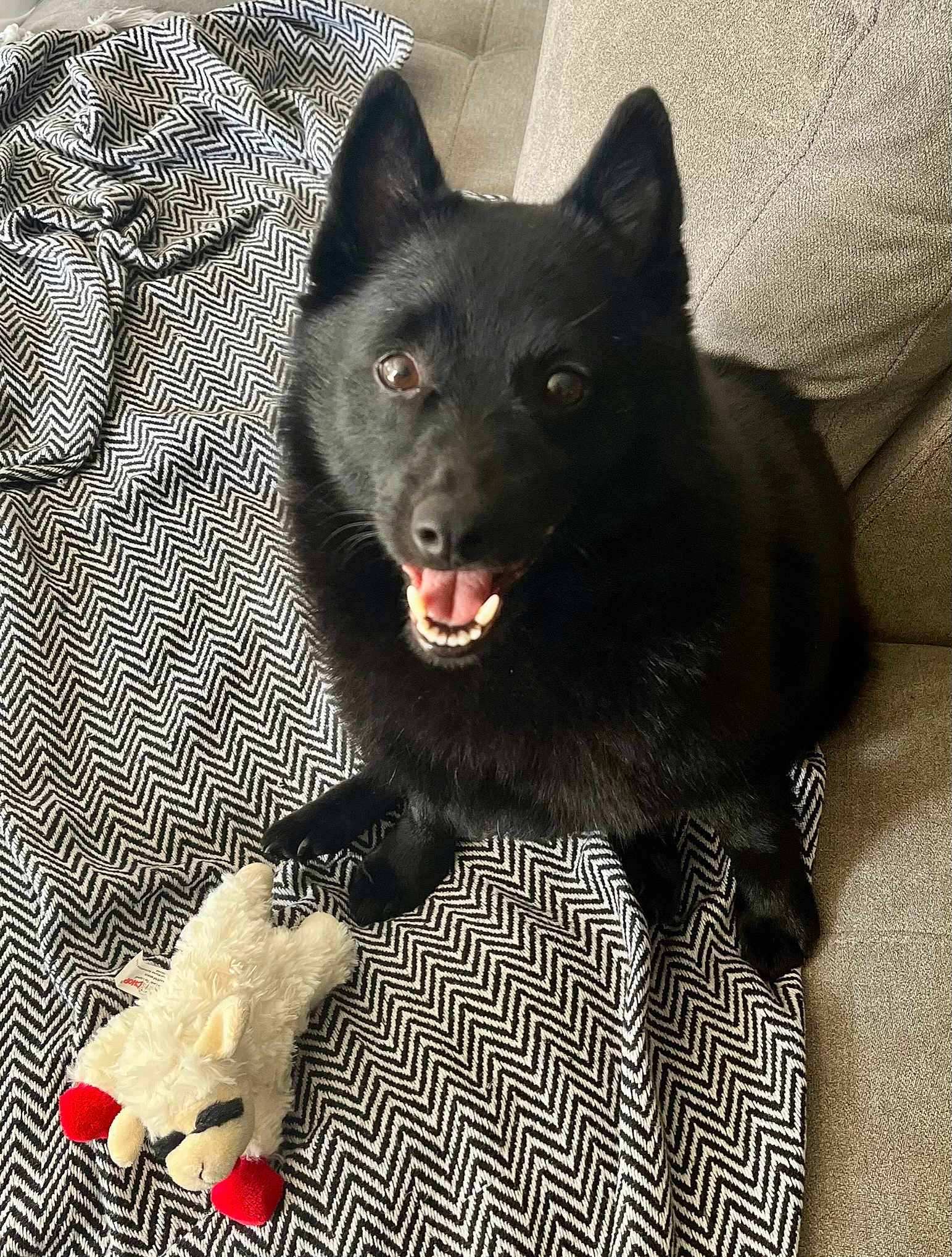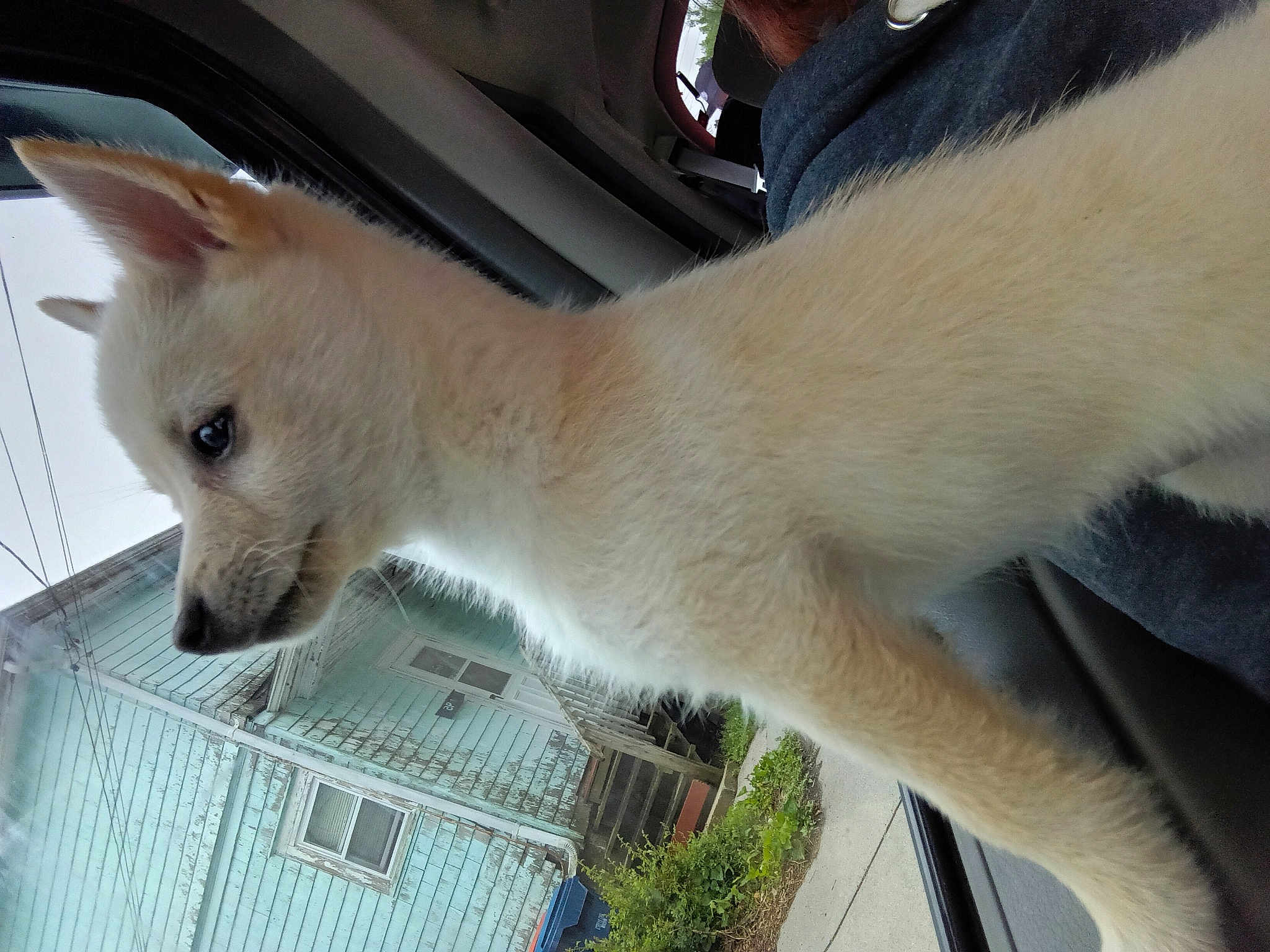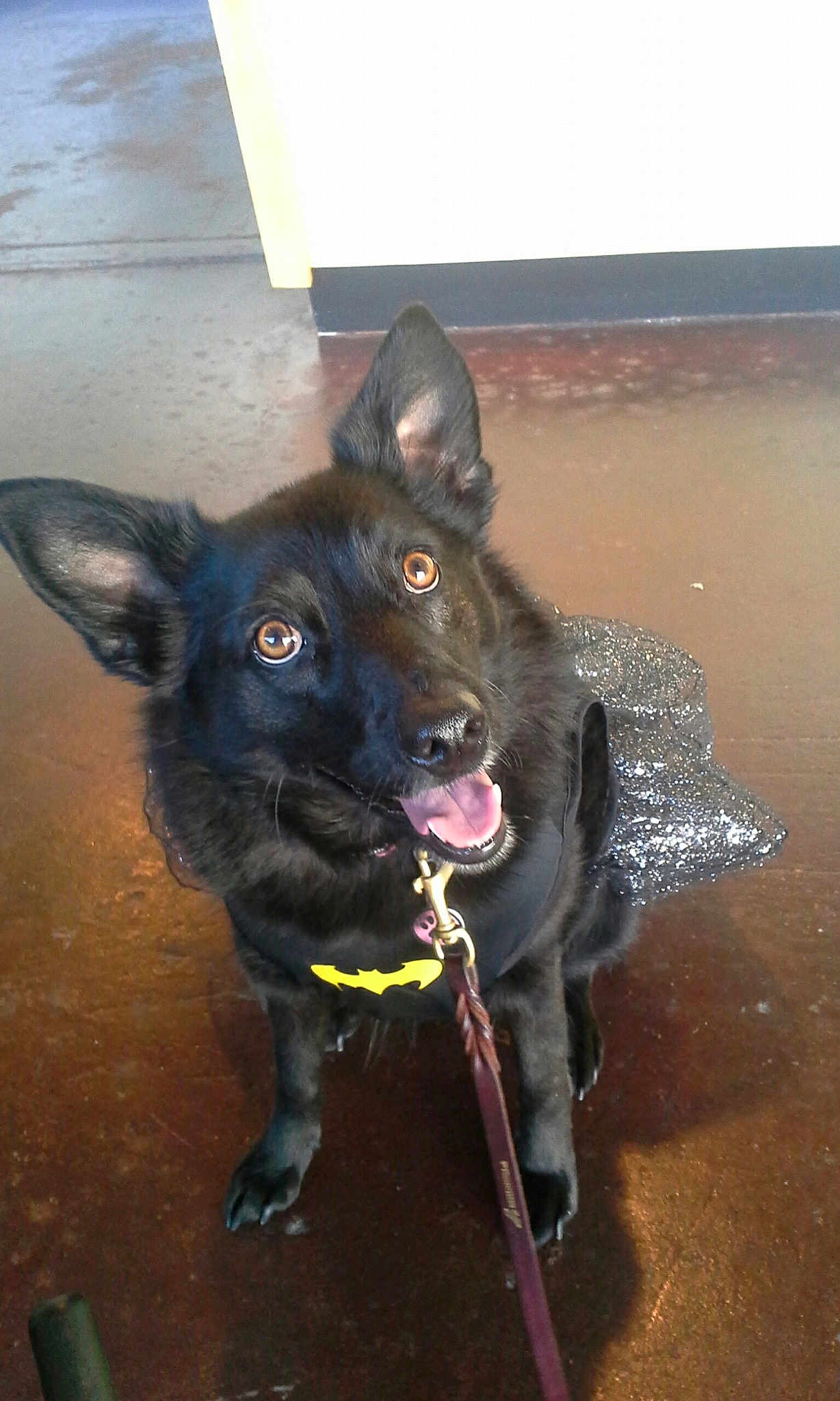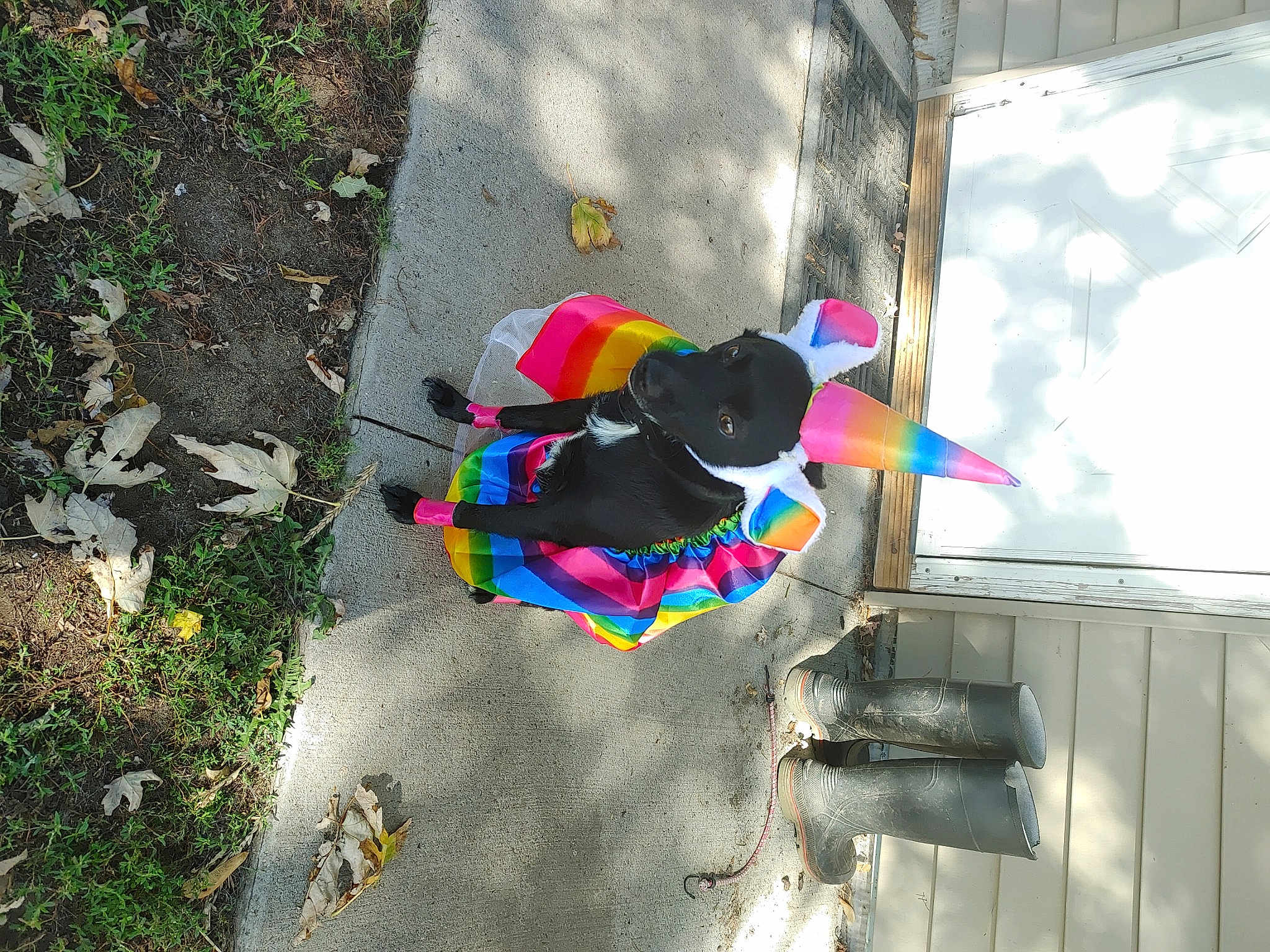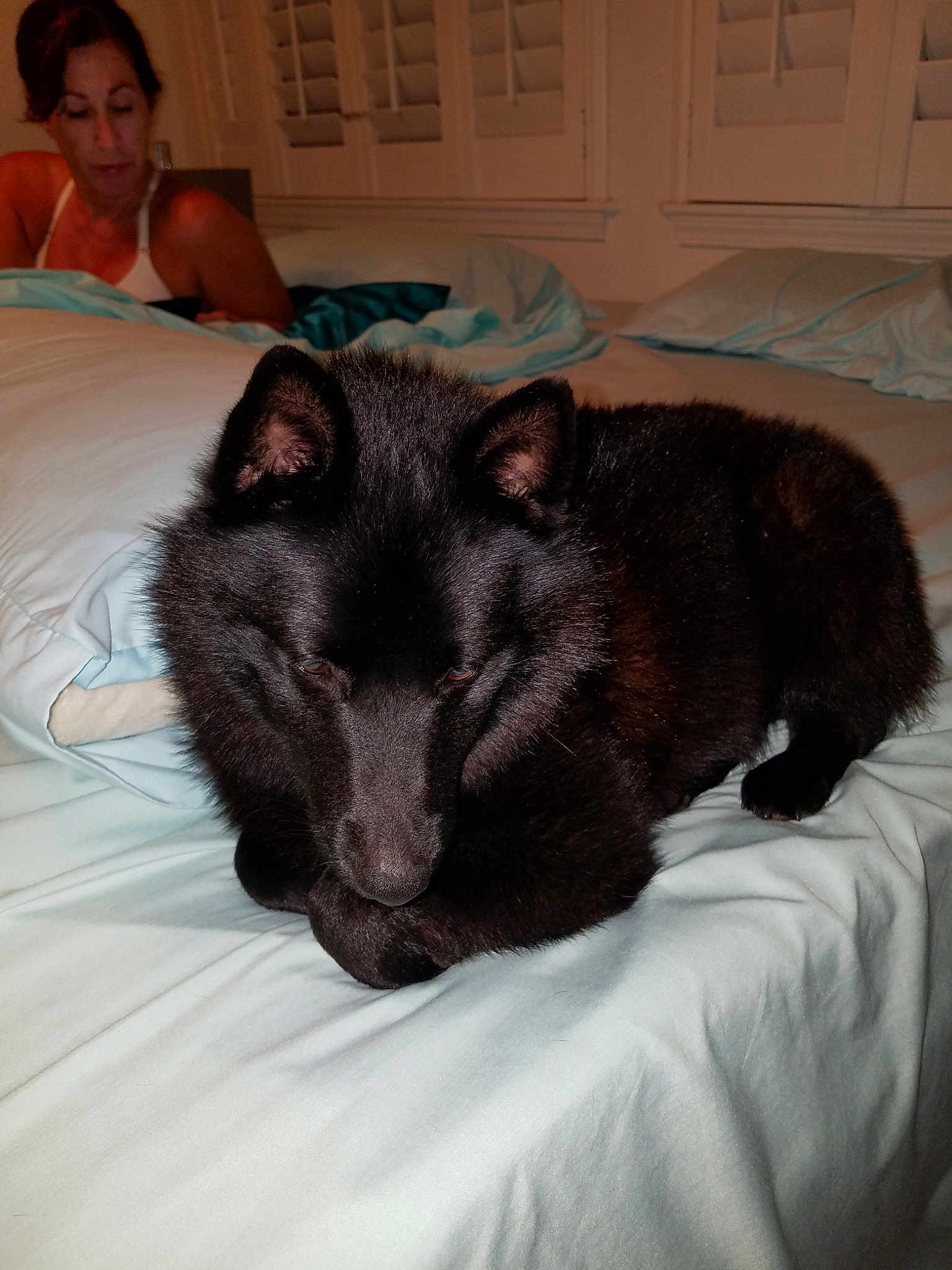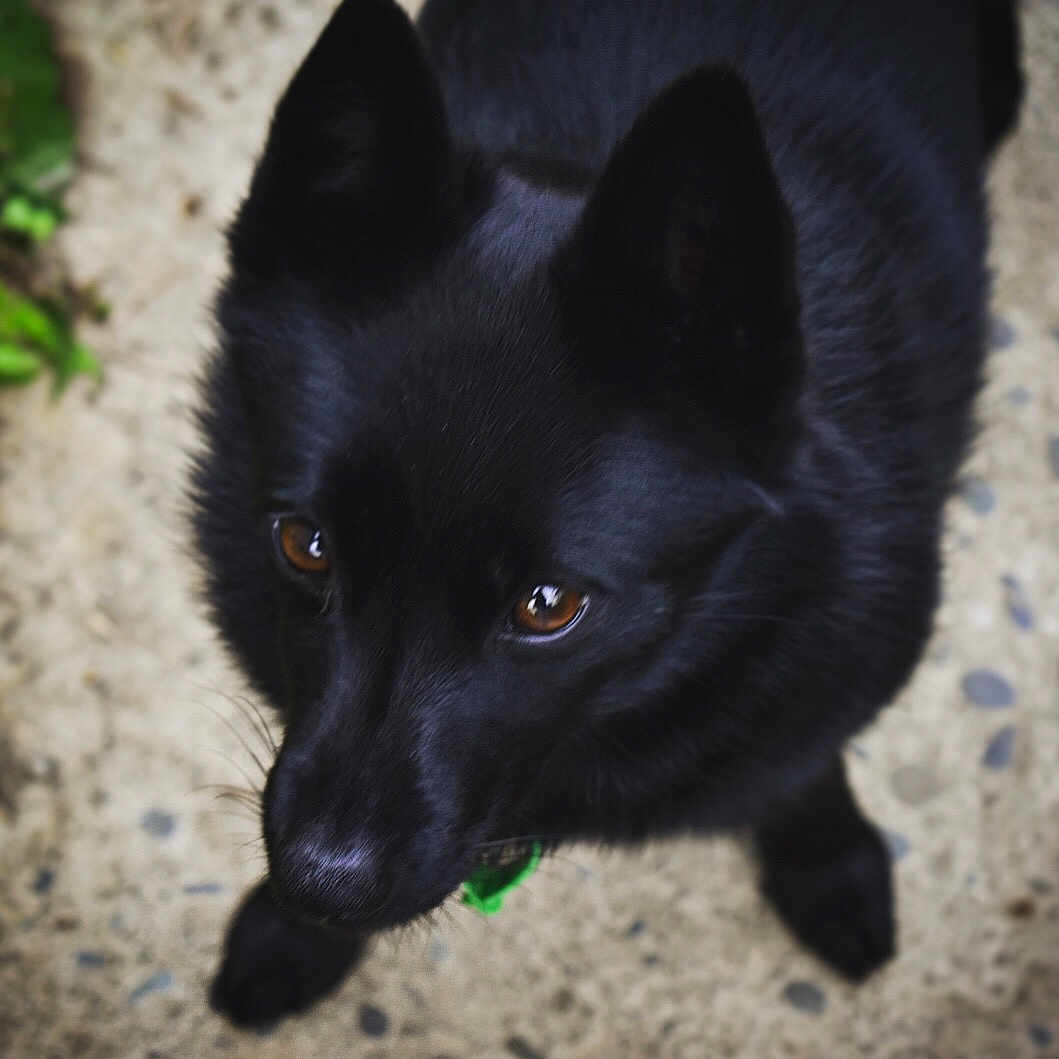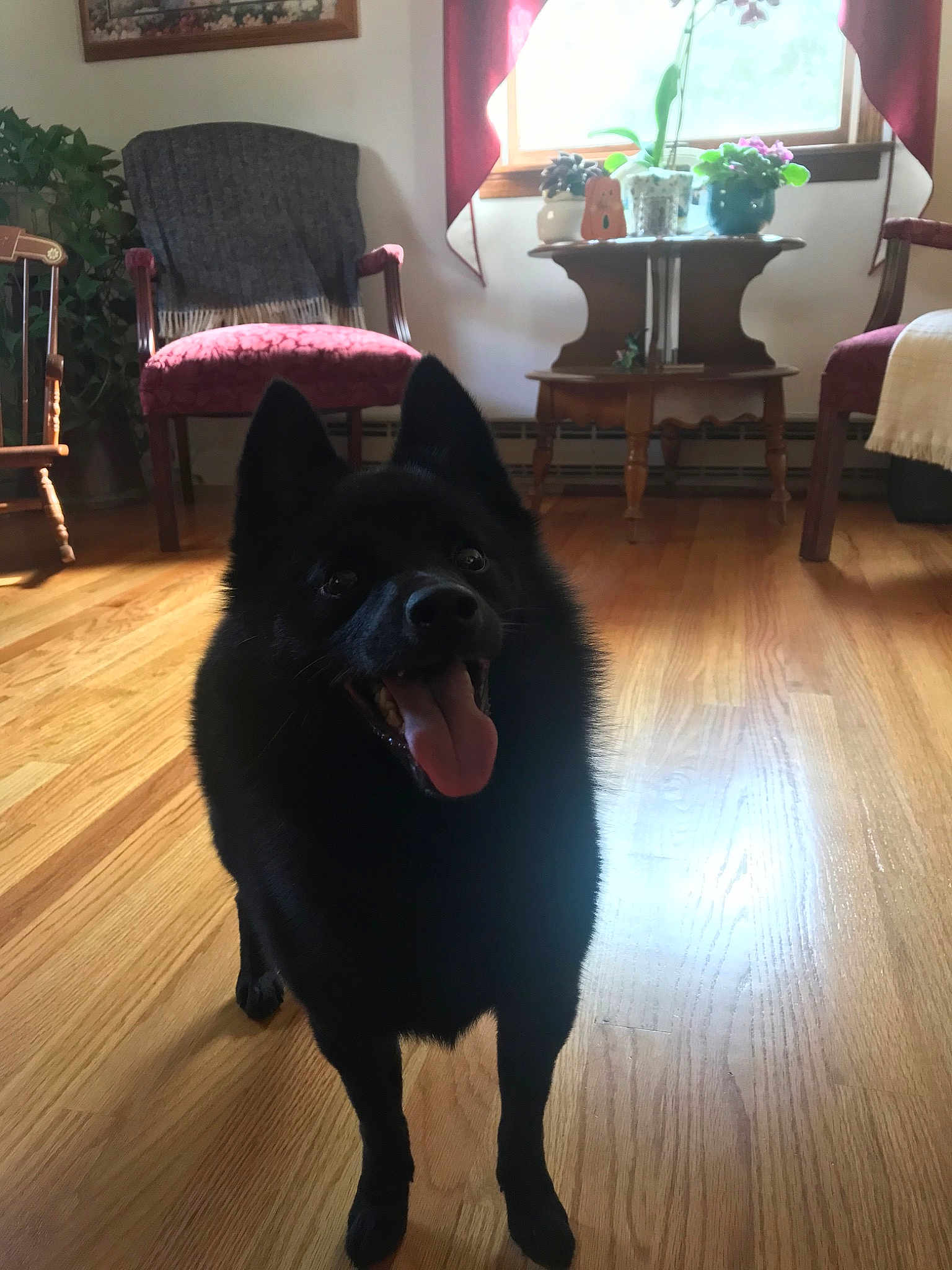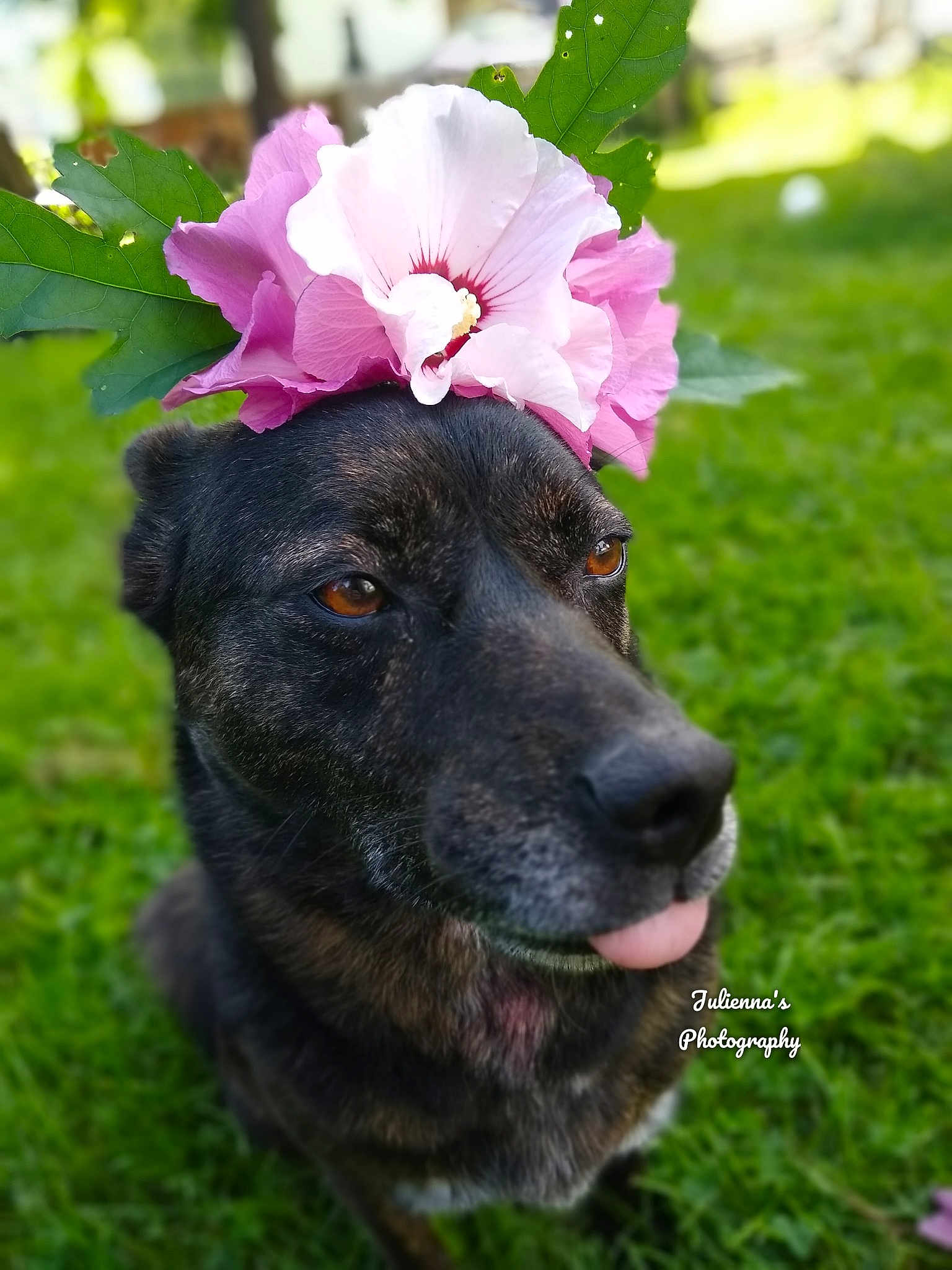
Did you know that the Schipperke, often referred to as the "little black devil," was originally bred to guard canal barges in Belgium? This intriguing breed, with its mischievous personality and sharp intelligence, offers a glimpse into the wonderful variety of dog breeds that have been shaped by human history and culture. Discover the significance of the Schipperke and see if this loyal companion could be the perfect match for your lifestyle.
Personality and Behavior of the Schipperke
The Schipperke, often described as "big dog in a small body," is known for its curious, confident, and fearless personality. These petite yet sturdy dogs are packed with energy and enthusiasm, making them perfect for active households. Their innate sense of adventure and high intelligence often lead them to explore their surroundings with great zeal, sometimes causing delightful mischief.
Schipperkes are exceptionally loyal and protective of their human families. Despite their small stature, they exhibit strong guarding instincts, a trait rooted in their history of warding off intruders from canal barges. Their vigilance makes them excellent watchdogs, always ready to sound the alarm at the slightest hint of unfamiliarity.
However, their strong-willed nature can sometimes translate to stubbornness. Schipperkes are independent thinkers and can be somewhat challenging to train due to their desire to do things their own way. This streak of independence does not diminish their affectionate side; they form strong bonds with their owners and thrive on companionship.
"It’s fascinating to note that the Schipperke's reputation as the 'little black devil' reflects both their playful, mischievous spirit and their fearless demeanor, often leading to delightful antics that keep their owners endlessly entertained."
Meanings, History and Origins of the Name Schipperke
The name "Schipperke" is derived from the Flemish word "schip," meaning boat or ship, a nod to the breed's origins as a barge dog in Belgium. This breed's history can be traced back to the 16th century, where they were primarily employed to guard boats and control vermin on the canals.
Schipperkes were prized by Belgian boatmen as diligent guardians and essential crew members. These dogs ensured that no unwanted visitors or pests made their way onto the barges, thus protecting valuable cargo and crew members alike. Their acute senses and relentless energy made them perfect for this role.
The Schipperke's small size and low-maintenance coat contributed to their popularity among the working class in Belgium. They were compact, manageable dogs capable of performing essential tasks while requiring minimal space and care, fitting seamlessly into the bustling life on the canals.
As their renown grew, Schipperkes began to be appreciated beyond their utilitarian roles. By the late 19th century, they had gained popularity in dog shows and among dog enthusiasts, ultimately leading to their introduction to other parts of Europe and North America.
Popularity of the Schipperke
The Schipperke's popularity has seen various ebbs and flows over the years. Their unique combination of traits—intelligence, loyalty, and a feisty spirit—has earned them a devoted following among dog lovers who appreciate a dog with character and attitude.
In English-speaking countries, the Schipperke enjoys a moderate level of popularity. They are not as widely known or owned as some other breeds, but those who do have them often become lifelong enthusiasts. In the United States, the American Kennel Club recognized the Schipperke in 1904, and the breed has since maintained a steady presence in dog shows and competitions.
Globally, the Schipperke has a dedicated fan base, particularly in Europe where its historical roots lie. In Belgium, their country of origin, Schipperkes are still celebrated and cherished as a national treasure. They are also beloved in France and other neighboring countries, where their quirky and resilient nature continues to endear them to many.
Health and Care of the Schipperke
Ensuring the health and well-being of a Schipperke requires a good understanding of the breed’s specific needs. Generally, Schipperkes are a robust and healthy breed, but they can be prone to certain genetic health issues. Prospective owners should be aware of conditions such as hip dysplasia, hypothyroidism, and von Willebrand’s disease, which can affect this breed.
Regular veterinary check-ups and a balanced diet are crucial for keeping a Schipperke in top shape. These active dogs require a diet rich in protein to support their energy levels and overall health. Given their propensity for weight gain, it's important to monitor their food intake and ensure they receive the appropriate amount of exercise.
The Schipperke’s coat, while low maintenance in terms of grooming, does shed seasonally. Regular brushing helps manage shedding and keeps their dense, double-layer coat looking sleek and healthy. Their small size makes them suitable for both apartment living and homes with yards, as long as they receive sufficient mental and physical stimulation.
Training and Education of the Schipperke
Training a Schipperke can be both rewarding and challenging due to their intelligent yet independent nature. Early socialization and consistent, positive reinforcement are key to molding a well-behaved Schipperke. These dogs excel in activities that challenge them mentally and physically, such as agility training, obedience classes, and even specialized roles like search and rescue.
One common challenge in training Schipperkes is overcoming their natural curiosity and distractibility. They tend to follow their noses, which can sometimes lead them off-course. Engaging, varied training sessions that keep their interest and reward their successes will go a long way in ensuring effective learning.
Given their history as working and guarding dogs, Schipperkes have a powerful desire to be active and busy. Providing them with tasks and structured activities helps satisfy this need and prevents boredom, which can lead to unwanted behaviors. Patience and consistency in training are essential, along with recognizing and appreciating their spirited personalities.
Selecting the right dog breed involves considering various factors such as lifestyle, living conditions, and personal preferences. If you are active, enjoy training and mental engagement, and can handle a bit of stubbornness, the Schipperke might be an excellent choice for you. Their unique combination of charm, intelligence, and loyalty ensures a lively and gratifying companionship for the right owner.
In conclusion, the Schipperke stands out as a breed full of character and history, with a delightful mix of independence and loyalty. At Pageant Dog, we have the pleasure of seeing many Schipperkes participate in our contests, showcasing their intelligence and spirited nature. Choosing a Schipperke means welcoming a vibrant and devoted companion into your life, one that will undoubtedly bring both joy and adventure.

